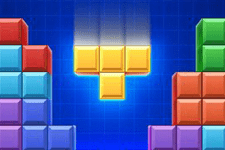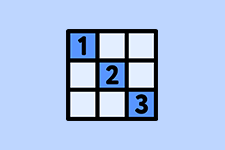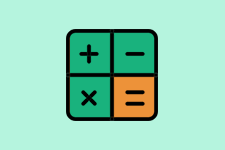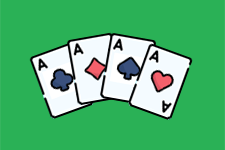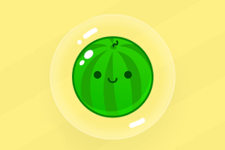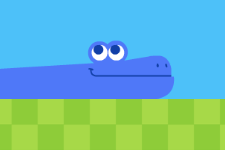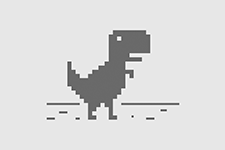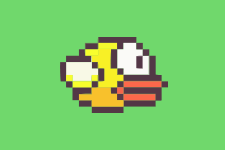Wordly Game – Play Free Daily Word Puzzle Online
In a world filled with digital noise, the quiet satisfaction of a daily word puzzle has become a welcome retreat. The growing popularity of brain-engaging games highlights our collective desire for moments of calm, focus, and mental stimulation. Wordly emerges as a refreshing and modern twist on this classic pastime, designed specifically for those who love a good challenge without the distractions.
At its core, Wordly is a daily, ad-free, browser-based word puzzle that invites you to guess a hidden five-letter word in six tries or less. While it shares a familiar foundation with games like Wordle, it stands apart with its commitment to a serene user experience. There’s no login required, no app to download, and no disruptive ads—just instant, seamless play the moment the page loads.
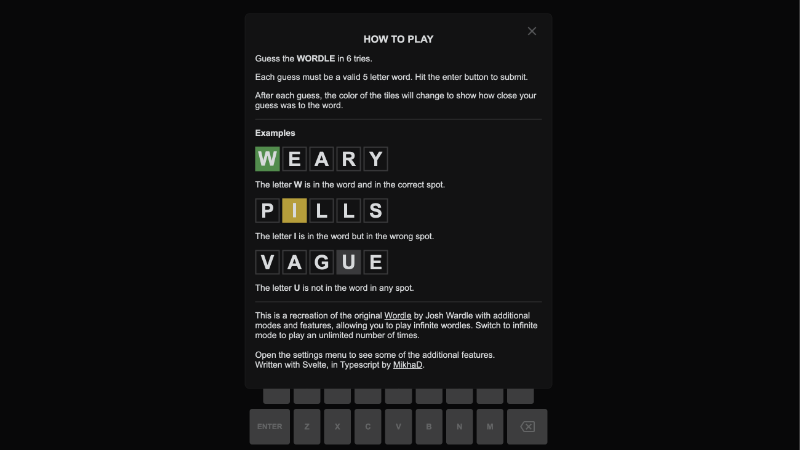
A clean and inviting screenshot of the Wordly game interface. The grid shows a couple of guesses with green, yellow, and gray colored tiles. The on-screen keyboard is visible below. The overall aesthetic is calm and minimalist. | Alt Text: A gameplay screenshot of Wordly showing the word grid and color hints.
Wordly was built by a small team of puzzle enthusiasts who believe in the power of simple games to promote relaxation and improve focus. It’s a secure, free-to-play platform created for the pure joy of the challenge. Whether you’re a seasoned word-game veteran or a newcomer looking for a peaceful mental workout, Wordly offers a perfect daily escape. Let’s explore how to get started.
How to Play Wordly (Step-by-Step Guide for Beginners)
Wordly is wonderfully simple to learn but offers a satisfying depth of strategy. The goal is straightforward: guess the secret five-letter word in six attempts. Each guess provides color-coded clues to help you zero in on the solution. Here’s how it works.
Step 1 — Enter Your First Word
Begin by typing any five-letter word into the top row of the grid and pressing Enter. Your choice of a starting word can significantly influence your game, so it’s wise to use one with common vowels and consonants. Words like “ARISE,” “TEARS,” or “ROATE” are excellent choices because they help you test for multiple high-frequency letters right away.
Step 2 — Use Color Hints Wisely
After you submit your guess, the tiles will change color, giving you valuable feedback. Understanding these colors is the key to solving the puzzle:
* **🟩 Green:** The letter is in the word and in the correct position.
* **🟨 Yellow:** The letter is in the word but in the wrong position.
* **⬜ Gray:** The letter is not in the word at all.
Think of it as a logic puzzle. The colors guide your next move, helping you eliminate possibilities and confirm letter placements.
Step 3 — Keep Refining Your Guesses
Analyze the feedback from your previous guess to inform your next one. If a letter is green, keep it in that exact spot for your next attempt. If a letter is yellow, you know it needs to be included elsewhere in the word. If a letter is gray, avoid using it again. This process of logical deduction is what makes the game so engaging and sharpens your pattern-recognition skills.
Step 4 — Win, Share, and Replay
When you correctly guess the word, all the tiles will turn green. Congratulations! You can share your results with friends (in a spoiler-free format) to compare streaks and solving paths. Wordly offers a new puzzle every day, allowing you to build a consistent and rewarding habit. And if you’re eager for more, you can replay previous puzzles anytime.
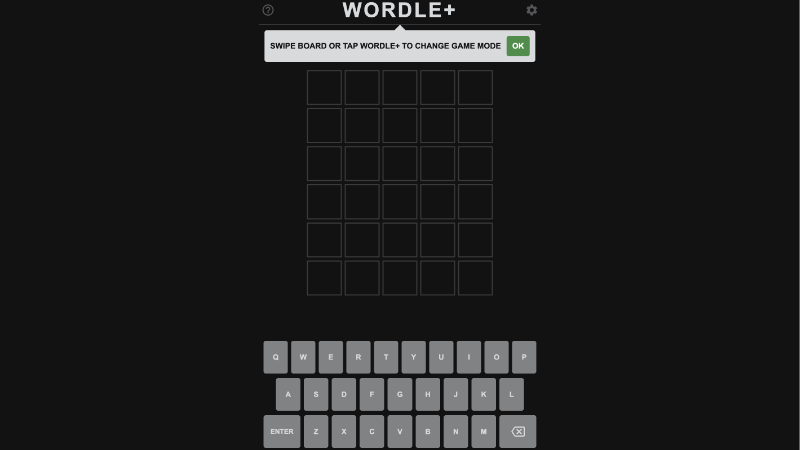
Wordly vs. Wordle — What’s the Difference?
Given the similarity in names, it’s natural to wonder how Wordly and Wordle compare. While both offer a daily word-guessing challenge, they are designed with different player experiences in mind. The core confusion often stems from the gameplay, but the key distinctions lie in accessibility and philosophy.
Gameplay Mechanics
Both games task players with guessing a five-letter word in six tries using the same color-coded feedback system (green, yellow, gray). The fundamental logic is identical. However, Wordly is built to be a standalone, streamlined experience focused purely on the puzzle itself.
Accessibility and Ads
This is where Wordly truly sets itself apart. It is completely free and, most importantly, **100% ad-free**. There are no pop-ups, banners, or interruptions. Furthermore, Wordly requires **no sign-up or account creation**. You can visit the website and start playing immediately. Wordle, since its acquisition by the New York Times, is linked to an NYT account for tracking stats, and the platform includes ads and cross-promotional content.
Unique Features of Wordly
Wordly’s design philosophy is centered on mindfulness and calm. The color palette is intentionally softer and easier on the eyes, creating a more relaxing atmosphere. The instant-play functionality removes any friction, making it a perfect quick mental break. This simplicity is a feature, not a limitation; by removing cognitive overload from ads and logins, it allows players to fully immerse themselves in the logical challenge and enjoy a moment of pure focus.
Comparison Table
| Feature | Wordly | Wordle |
| :— | :— | :— |
| **Platform** | Web (Desktop & Mobile) | Web (Desktop & Mobile) |
| **Ads** | None | Sometimes present |
| **Sign-up** | Not required | Linked to NYT account |
| **Theme** | Relaxing, minimalist aesthetic | Standard, newspaper-style |
| **Replayability**| Access to past puzzles | Limited to the daily game |
Tips and Strategies to Improve Your Wordly Skills
While Wordly is a game of fun and relaxation, a little strategy can make solving the daily puzzle even more satisfying. Mastering a few key techniques will help you improve your consistency and even tackle the optional Hard Mode.
Start Smart — Choose Strong Opening Words
Your first guess is your most powerful tool. A strong opening word acts as an information-gathering device. The best starters include:
* **Multiple Vowels:** Use words with three or more common vowels (A, E, I, O, U). Examples: `ADIEU`, `AUDIO`, `OUIJA`.
* **Common Consonants:** Target high-frequency consonants like R, T, L, S, and N. Examples: `STARE`, `RATIO`, `SLATE`.
* **Pro Tip:** Use a two-word opening strategy. For instance, if `ARISE` gives you few clues, follow it up with a word like `MOUNT` that uses completely different letters to maximize your coverage.
Learn Letter Frequency and Patterns
Not all letters are created equal. In English, some letters appear far more often than others. Keeping this in mind can help you make more intelligent guesses.
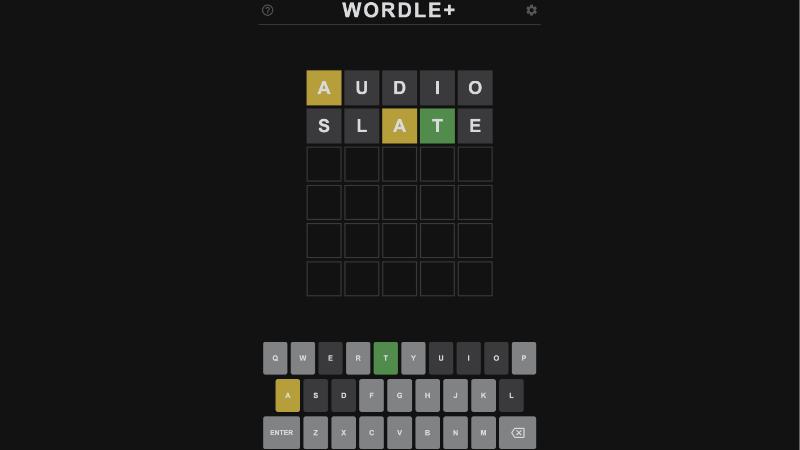
A simple, clean bar chart showing the frequency of letters in the English language. E, T, A, O, I, N, S, H, R are the highest, while J, X, Q, Z are the lowest. | Alt Text: A bar chart illustrating English letter frequency, with E being the most common.
Understanding common letter pairings (like “TH,” “ER,” “ON”) and positions (like “E” often appearing at the end of words) can also guide your choices when you have a few yellow or green tiles to work with.
Analyze Feedback Like a Pro
Each guess is a step in a logical deduction process. Let’s walk through an example.
* **Guess 1:** `CRANE` -> 🟩C, ⬜R, 🟨A, ⬜N, ⬜E.
* **Analysis:** You know the word starts with ‘C’ and contains an ‘A’ somewhere, but not in the third position. You also know R, N, and E are not in the word.
* **Guess 2:** `CABLE` -> 🟩C, 🟩A, ⬜B, ⬜L, ⬜E.
* **Analysis:** Now you know the first two letters are ‘CA’. The word doesn’t contain B or L.
* **Guess 3:** `CATCH` -> You can now deduce the answer by filling in the remaining letters with unused, high-frequency consonants.
Build Daily Routines
Consistency is key. Playing Wordly for just a few minutes each day creates a small but powerful routine. This daily practice can enhance your problem-solving skills, improve your working memory, and provide a structured moment of focus in your day.
Bonus: Challenge Mode (Hard Mode Tips)
- For those seeking a greater challenge, Wordly offers a Hard Mode. Once activated in the settings, you must use any revealed hints in subsequent guesses. This means any green letters must stay in their place, and any yellow letters must be used in your next guess. This mode forces you to think more strategically and prevents you from using filler words to eliminate letters.
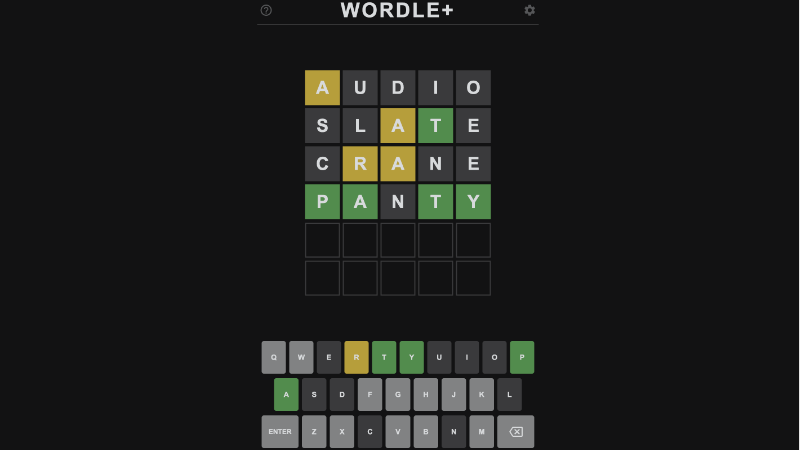
The Hidden Benefits of Playing Wordly Daily
Beyond the simple joy of solving a puzzle, engaging with Wordly every day offers tangible cognitive and mental wellness benefits. This isn’t just a game; it’s a gentle exercise for your mind, designed to fit seamlessly into your daily routine.
Improves Vocabulary and Memory
Each puzzle exposes you to new words and reinforces your knowledge of existing ones. This daily linguistic workout helps keep your vocabulary sharp and accessible. The process of holding letter positions and possibilities in your mind—remembering what you’ve ruled out and what’s still in play—is a direct exercise for your working memory, a crucial cognitive function for day-to-day tasks.
Reduces Stress and Increases Focus
In a world of constant notifications and distractions, Wordly provides a sanctuary. The ad-free design and calming visuals are intentional, creating an environment where you can concentrate without interruption. Taking a five-minute break to solve the puzzle allows your mind to enter a state of flow, which is known to reduce stress and anxiety. It’s a form of digital mindfulness.
> “I start my morning with a cup of coffee and the daily Wordly. It’s a peaceful, ad-free moment just for me. It clears my head and helps me focus before the chaos of the workday begins.” – *Sarah K., a daily player*
Encourages Mindful Thinking
The game rewards patience and logical thinking over speed. You can’t rush through it; you have to pause, analyze the feedback, and think critically about your next move. This deliberate process encourages a mindful approach to problem-solving, a skill that is highly valuable in all areas of life. It trains your brain to look for patterns and make informed decisions rather than impulsive ones.
The Story Behind Wordly
Wordly was born from a simple idea: what if a daily brain game could be a source of calm instead of another source of digital noise? Created in 2023 by a group of lifelong puzzle lovers, Wordly was designed as an antidote to the ad-filled, notification-heavy gaming landscape. We missed the days of simple, engaging PC games that you could just open and play.
Our mission is to provide a space for relaxation, focus, and fun. We believe that a game doesn’t need flashy graphics or complex mechanics to be deeply rewarding. The beauty of Wordly lies in its simplicity. Every element, from the soft color palette to the absence of a timer, was chosen to support a mindful and stress-free experience.
> “We built Wordly because it was the game we wanted to play—something clean, intelligent, and respectful of the player’s time and attention.” – *The Wordly Team*
We are committed to keeping Wordly free and ad-free forever. It’s a passion project dedicated to everyone who finds joy in the quiet challenge of a good puzzle.
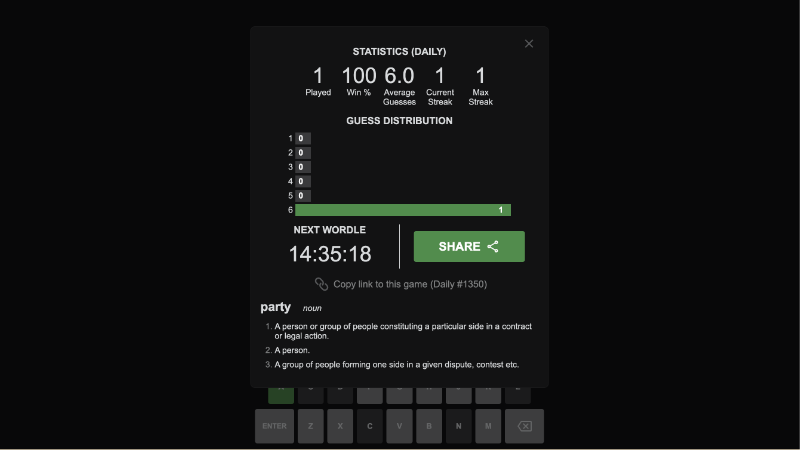
Ready to Play? Start Your Daily Wordly Challenge Now!
Ready to give your brain a delightful daily workout? You can sharpen your mind, expand your vocabulary, and enjoy a peaceful moment of focus in just a few minutes a day. Join thousands of other players who have made Wordly their favorite mental escape. It’s free, ad-free, and ready when you are.
**[Play Wordly Free Now]**
